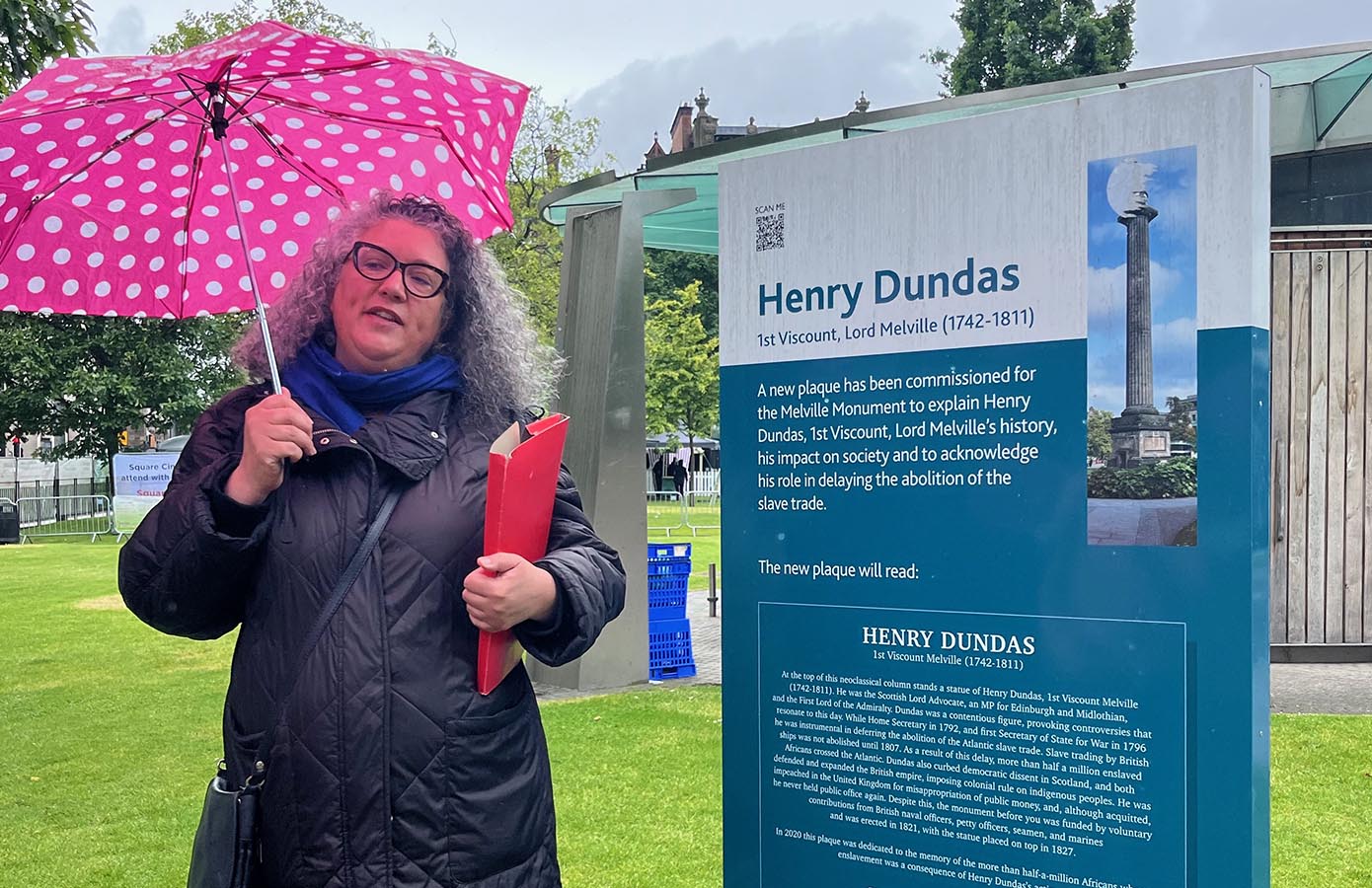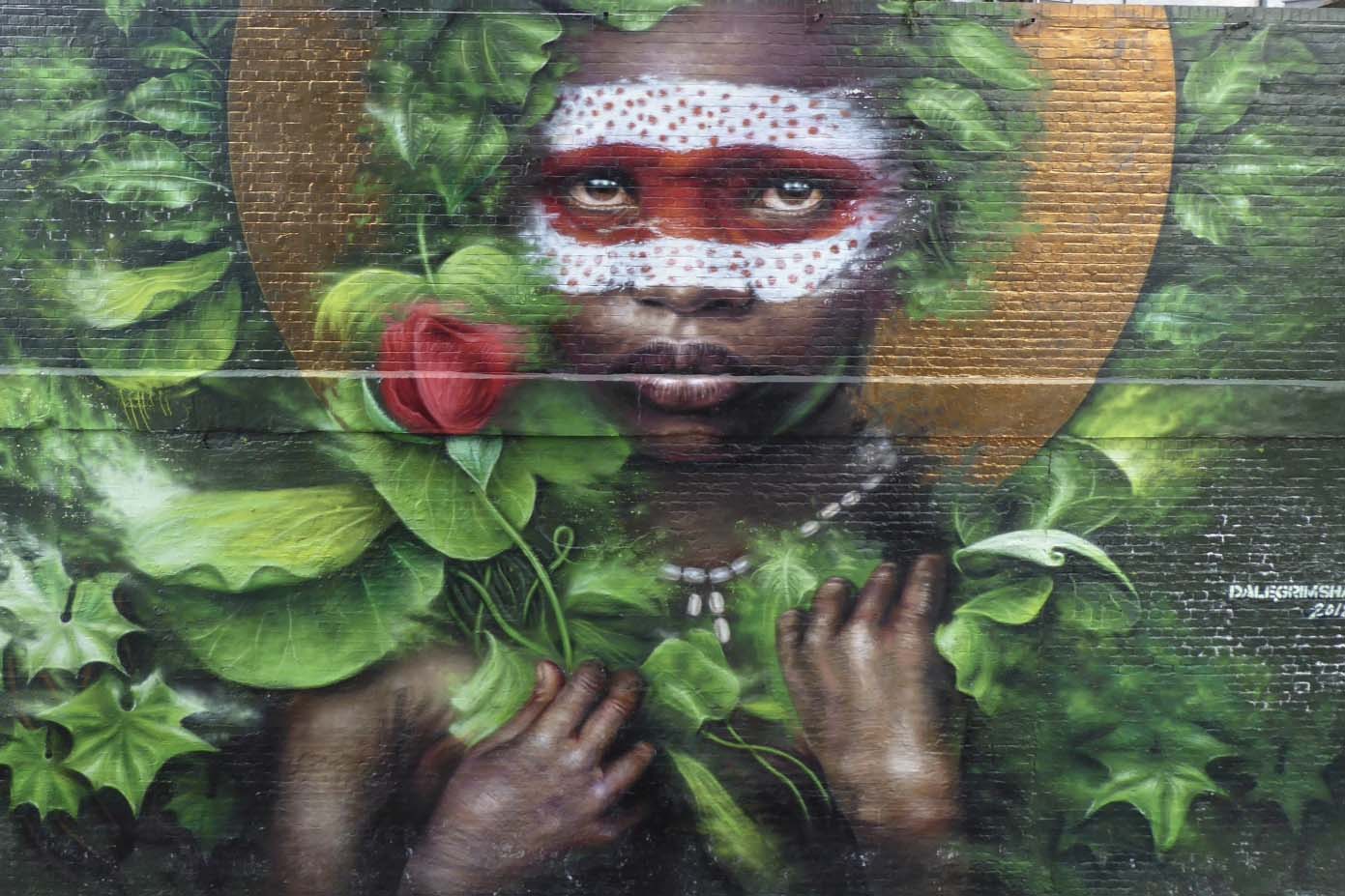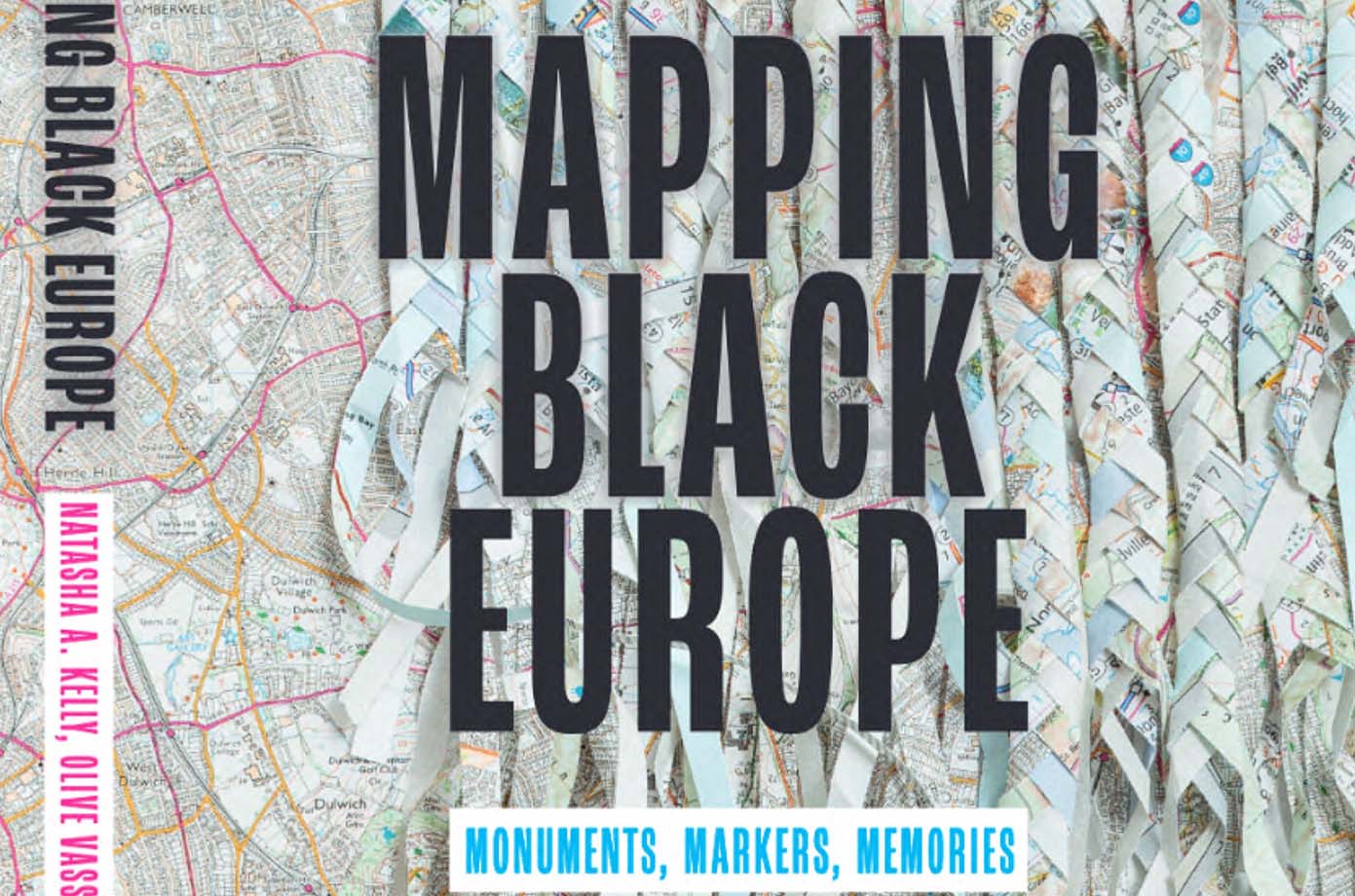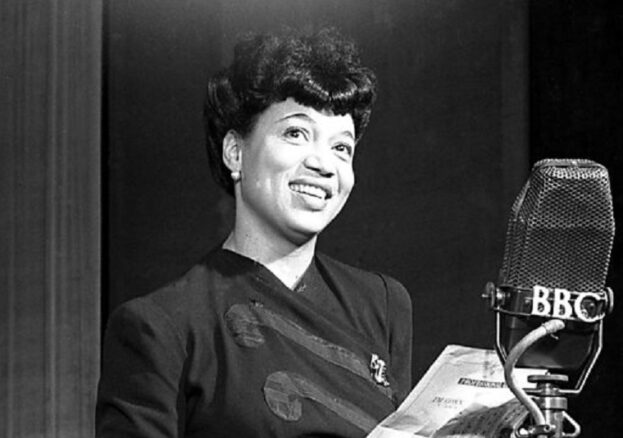
Tour walks through Edinburgh’s Black history
by Olive Vassell
Scotland’s capital city, Edinburgh has a complex and often overlooked Black history. With residents and institutions deeply involved in the transatlantic slave trade, the African presence there dates back to the 16th century. Between the 18th and 19th centuries, that number expanded to include servants, soldiers, and seamen, some of whom were formerly enslaved, while others were free. They include Joseph Knight, a former slave who was influenced by Scottish Enlightenment thinkers based in Edinburgh. He successfully sued for his freedom in a landmark 1178 ruling. Meanwhile, John Edmonstone, a formerly enslaved man from Guyana, taught taxidermy to Charles Darwin, while the latter studied at the University of Edinburgh.
Today, the city’s prominent Black residents include Sir Geoff Palmer: Jamaica-born scientist and human rights activist, the first Black professor in Scotland, and a prominent voice on slavery and colonialism in Edinburgh; Eunice Olumide, an Edinburgh‑born model, actress, designer, DJ, and activist, known for speaking out about racism in Scotland and actor Ncuti Gatwa, a Rwandan‑born actor raised in Edinburgh/Dunfermline, who is known for being the first Black Doctor in Doctor Who television series.
In this video we speak to Lisa Williams about the city’s Black history and take the tour.
Tour walks through Edinburgh’s Black history
Elisabeth Welch, a name that resonates with timeless elegance and unparalleled talent. Born in 1904, Welch was a trailblazing African-American singer and actress who left an indelible mark on the entertainment industry. Her career spanned decades, showcasing her versatility in jazz, blues, and musical theater.
Welch’s voice was a mesmerizing instrument that transcended boundaries, captivating audiences on both sides of the Atlantic. From her early performances in the Harlem Renaissance to gracing London’s West End stages, Welch’s charisma and vocal prowess earned her widespread acclaim.
Beyond her musical prowess, Welch made history as one of the first African-American women to star in a British film during the 1930s. Her legacy is not only defined by her groundbreaking achievements but also by her resilience in the face of racial and gender barriers.
Elisabeth Welch’s journey is a testament to the enduring power of talent and tenacity. As we celebrate her contributions, let us remember and honor a woman whose artistry continues to inspire generations, leaving an indomitable legacy in the annals of entertainment history.








